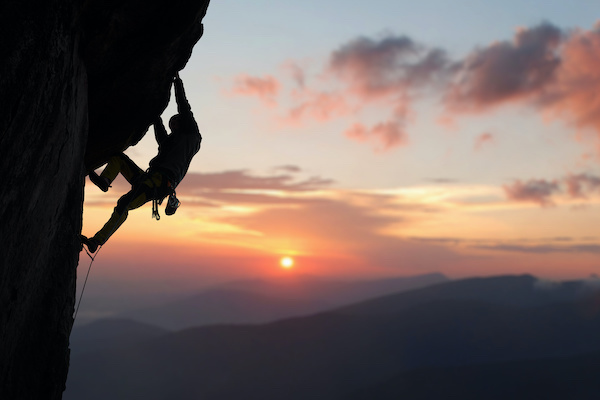
Thomas’ Rock Climbing Accident
Thomas had always been an excellent student. After thriving in high school and graduating at the top of his class, he earned a full ride scholarship to George Washington University in Washington D.C. His parents and his best friend from high school helped him to make the move and get settled in to his college dormitory. Thomas not only performed excellently his freshman year earning straight A’s, he had a robust social life and even joined a collegiate fraternity.
During the summer between his Freshman and Sophomore year, Thomas decided to travel with a few of his fraternity brothers to Yellowstone National park. The morning after arriving in Yellowstone, Thomas’ fraternity brothers woke him up with an exciting proposition. They wanted to try rock climbing on the famous rock faces of the Teton mountains. Thomas had never been climbing, but he was excited to give it a try. They arrived at the mountain at around 11 AM, and, as they strapped up and got ready to commence their climb, one of the fraternity brothers pulled out a small bottle of Jack Daniel’s whiskey. “Let’s take a shot for good luck,” said the brother. Thomas was not much of a drinker, but he did not want to disappoint his friends.. He took a shot, then another shot, and then began climbing. It was a beautiful morning, and initially Thomas found the activity to be immensely enjoyable and invigorating. About 20 minutes into the climb things took a turn for the worse. Thomas moved his left foot onto a ledge that felt sturdy enough, and surmised it was a good place to take a quick rest. With all of his body weight on his left foot, the ledge suddenly collapsed, and Thomas began free falling at a rapid rate. He fell almost 13 feet before he hit the ground. Fortunately for him, he landed on his bottom, likely saving his life. However, when he hit the ground, the force caused his head to snap forward and hit a small boulder.
Somehow, when Thomas’ parents heard the phone ring, they knew that something was amiss, and that was confirmed when they finally saw him. Although he was able to get home from Yellowstone safely, Thomas was speaking slower than normal and seemed to doze off in the middle of conversations. He was constantly tired and had a hard time focusing on different tasks. When it came time for Fall classes to resume, Thomas insisted on resuming a full academic schedule, although his parents feared that the challenge would be too difficult for him following the accident. Not wanting to compromise their son’s confidence, they did not stand in his way.
After a few weeks back at the University, Thomas decided to withdraw from school due to an inability to focus in class, and increasing difficulty remembering what he had studied. Furthermore, he struggled socially, since others seemed uncomfortable around him after hearing about the accident and witnessing its effects.
Although Thomas’ parents welcomed him home, the rest of that year was spent mostly indoors. He became increasingly irritable and distant towards his parents and his friends, who eventually stopped inviting him to hang out. One of his biggest regrets is unwarranted anger and hostility that he felt around his parents — aggressive behavior for which he had no explanation, yet was seemingly helpless to control.
After almost six months of isolation, Thomas decided to start looking for part time jobs. His mother helped him find employment working for a local restaurant owner who was aware of his struggles. Thomas began working as a server, but found it difficult to succeed at his new role. He became easily frustrated with customers, and made all kinds of little mistakes when taking orders. Several customer complaints ultimately resulted in Thomas losing his job.
Thomas’ condition kept deteriorating over the next three years, while his parents’ concern, stress and anxiety for him grew, until the point that the burden of taking care of him became overwhelming. Seemingly unable to help him, and subject to daily verbal abuse from him while caring for him in their home, they decided to get him a separate apartment.
Thomas has lived by himself ever since. Luckily his parents are able and willing to support him financially, although they rarely see each other and, when they do, the interactions are brief and uncomfortable. Thomas does not maintain contact with many of his old friends and mostly lives in solitude. He experiences severe pain when he tries to engage in physical activity, and, as a result, lives a fairly sedentary lifestyle. He has gained a lot of weight and is almost unrecognizable to the people who knew him in the past.
Our Doctors
Life Care Planners
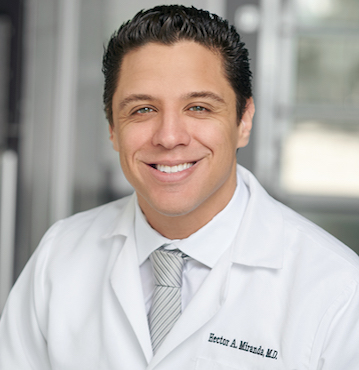
Physical Medicine & Rehabilitation, Pain Medicine, Brain Injury Medicine
Dr. Miranda-Grajales
YEARS years of experience
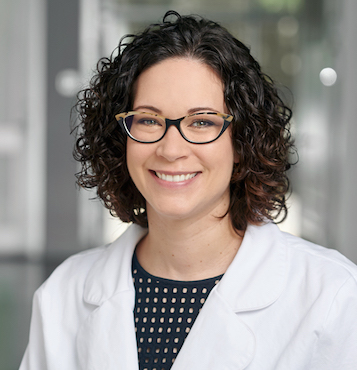
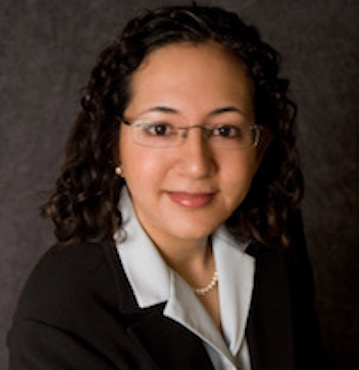
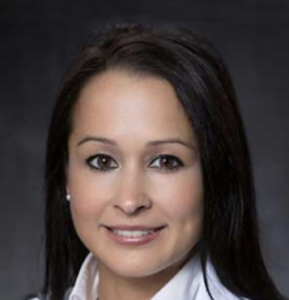
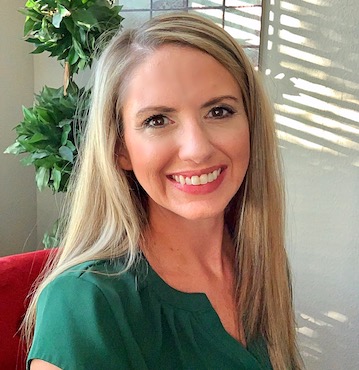
Master of Divinity, Specializing in Neuropsychology
Dr. Brandi Buchanan
YEARS years of experience